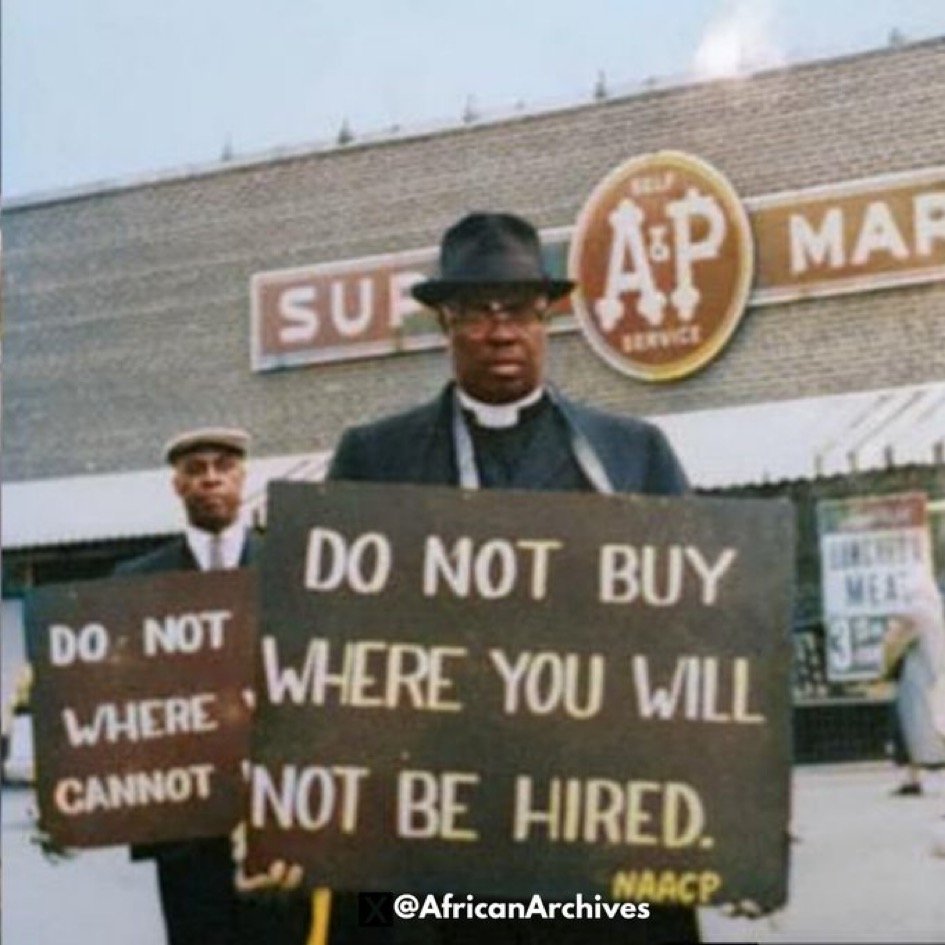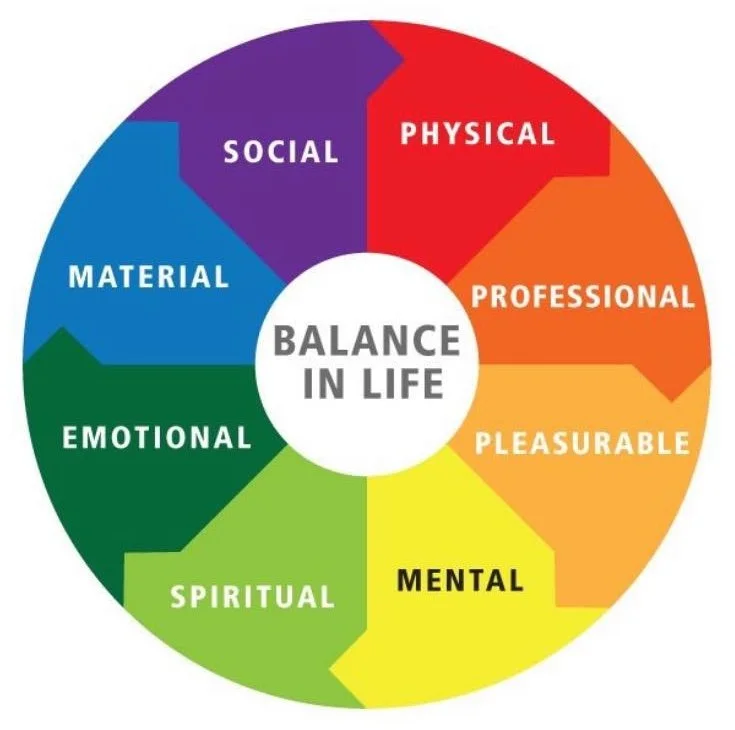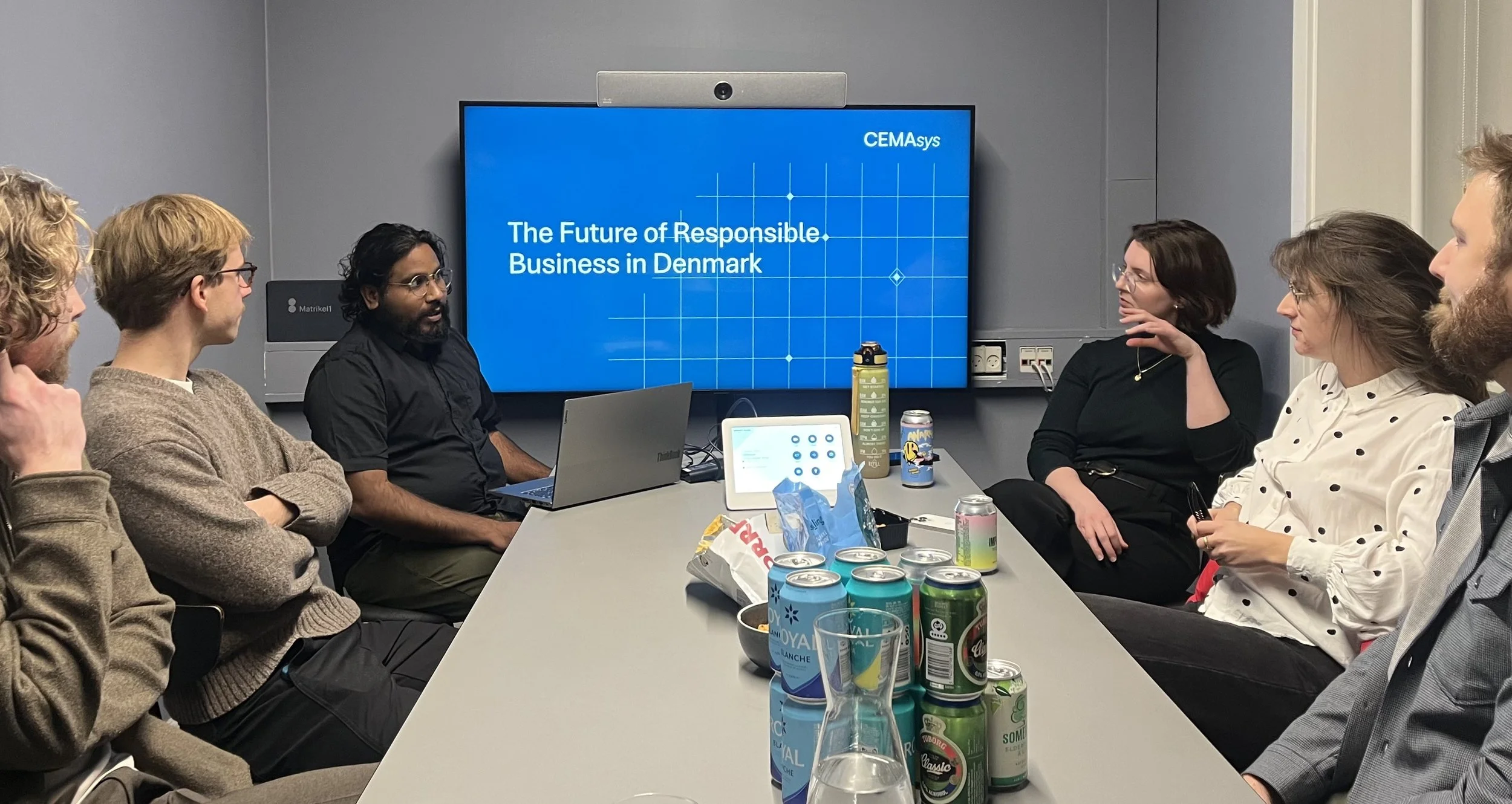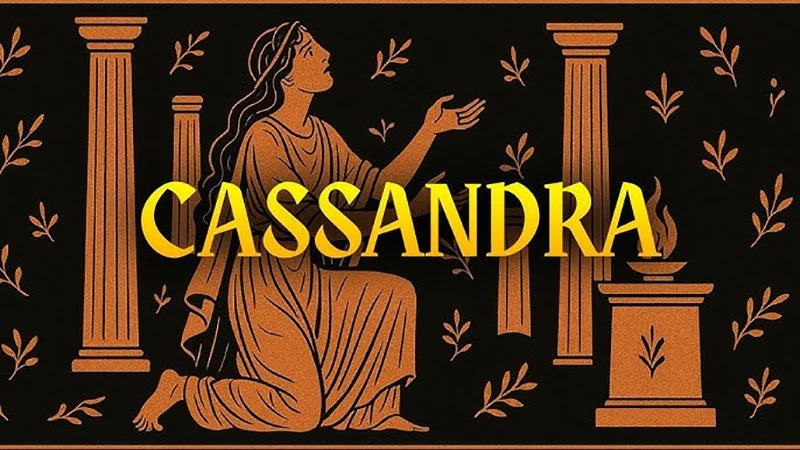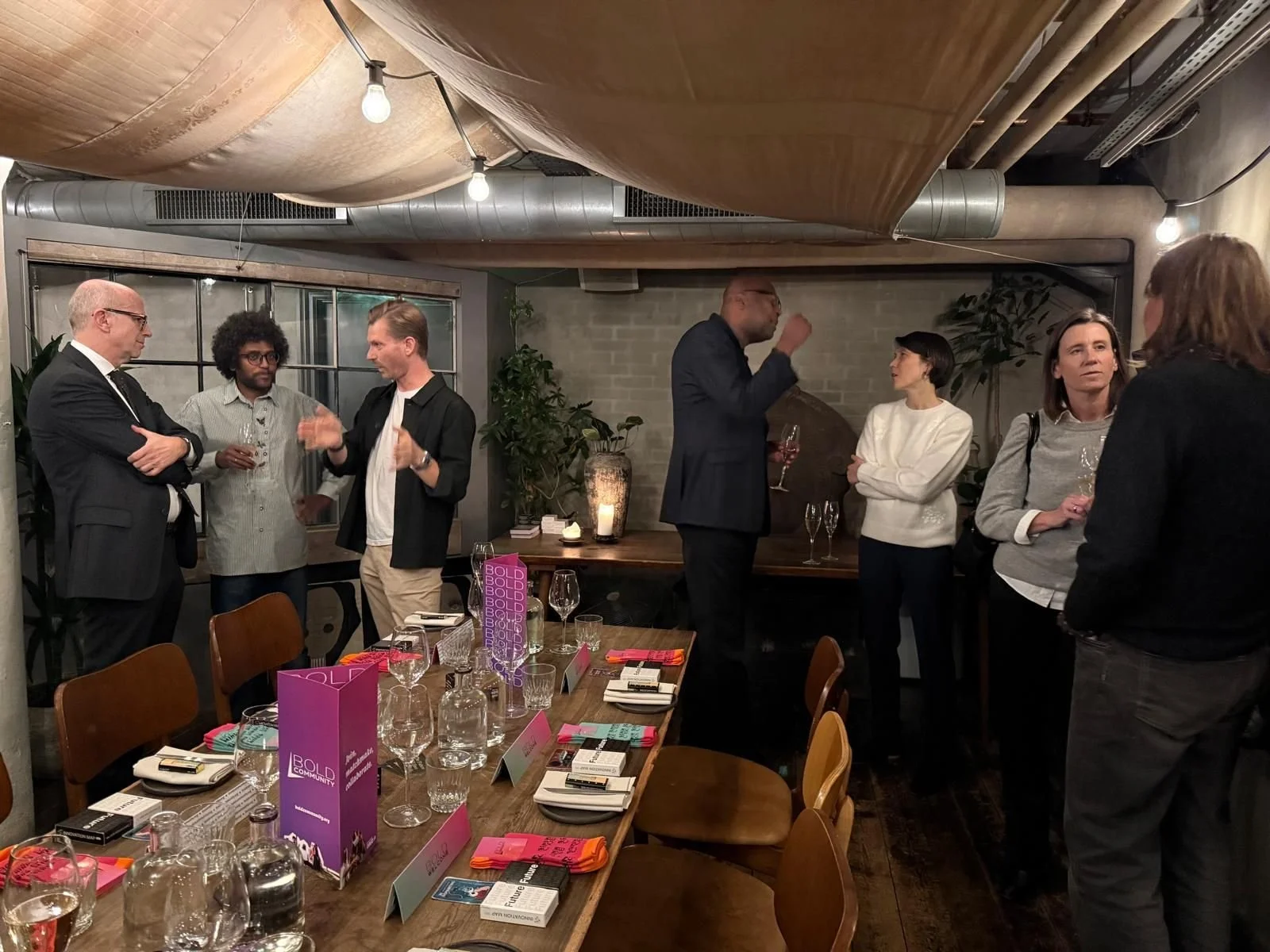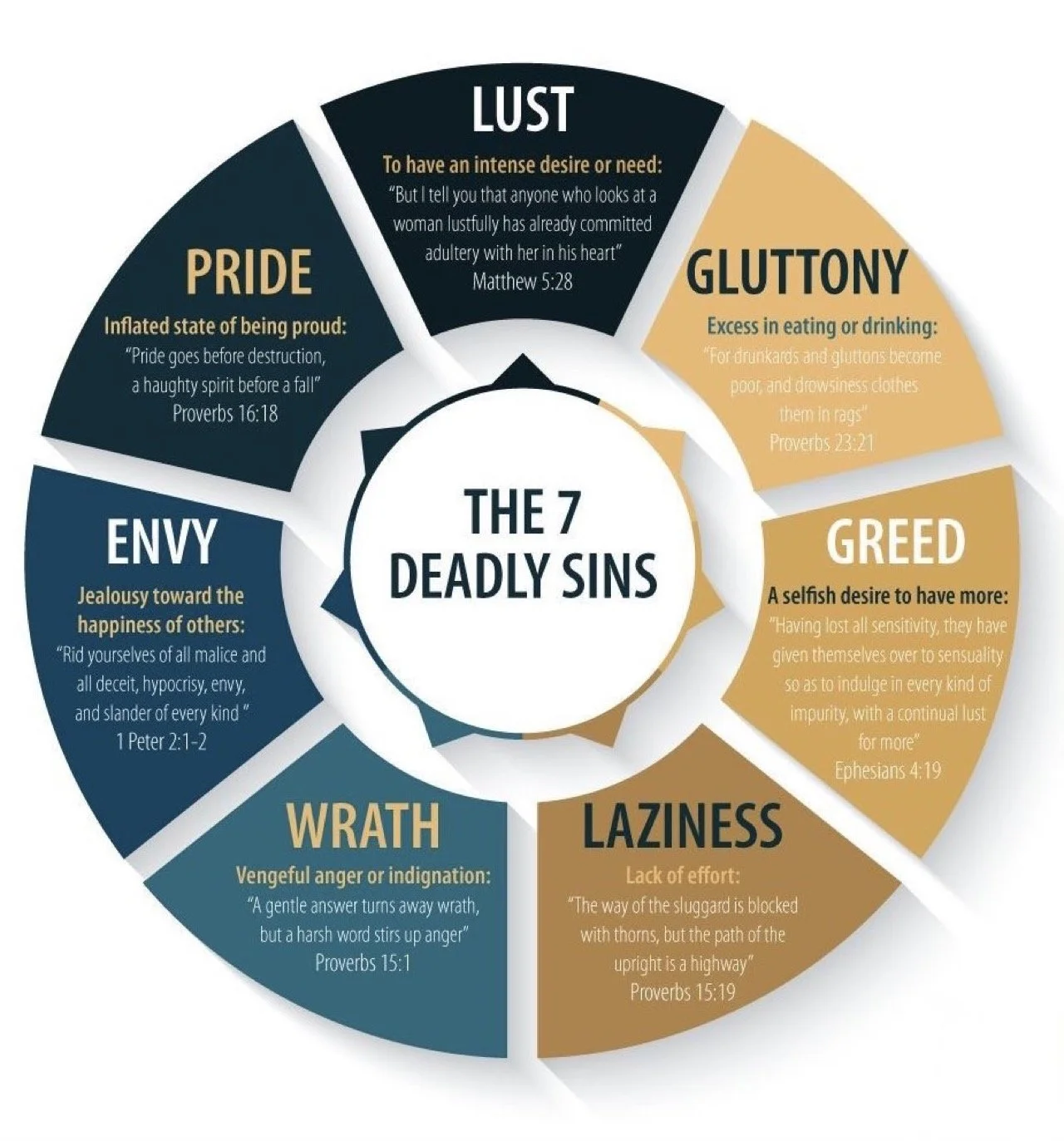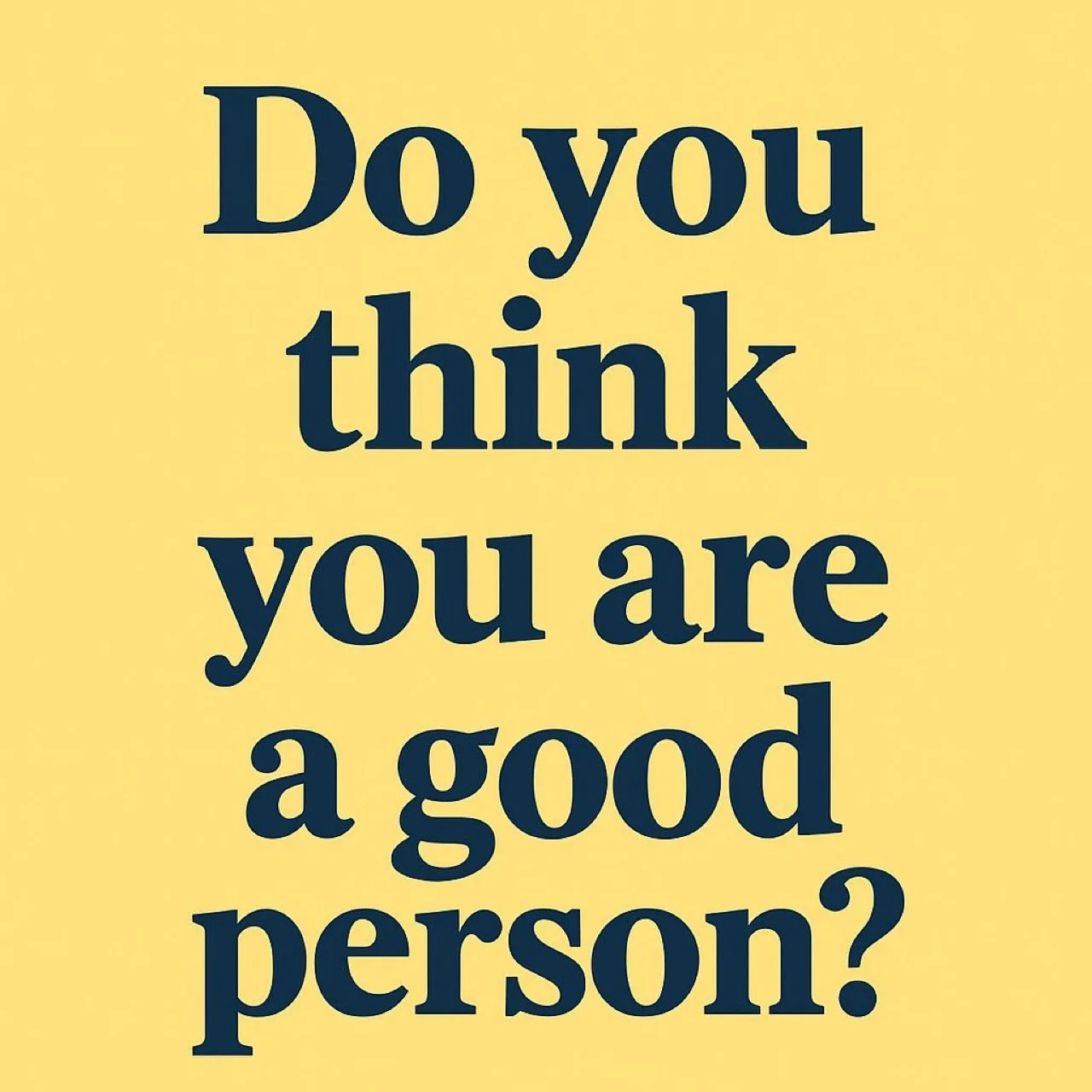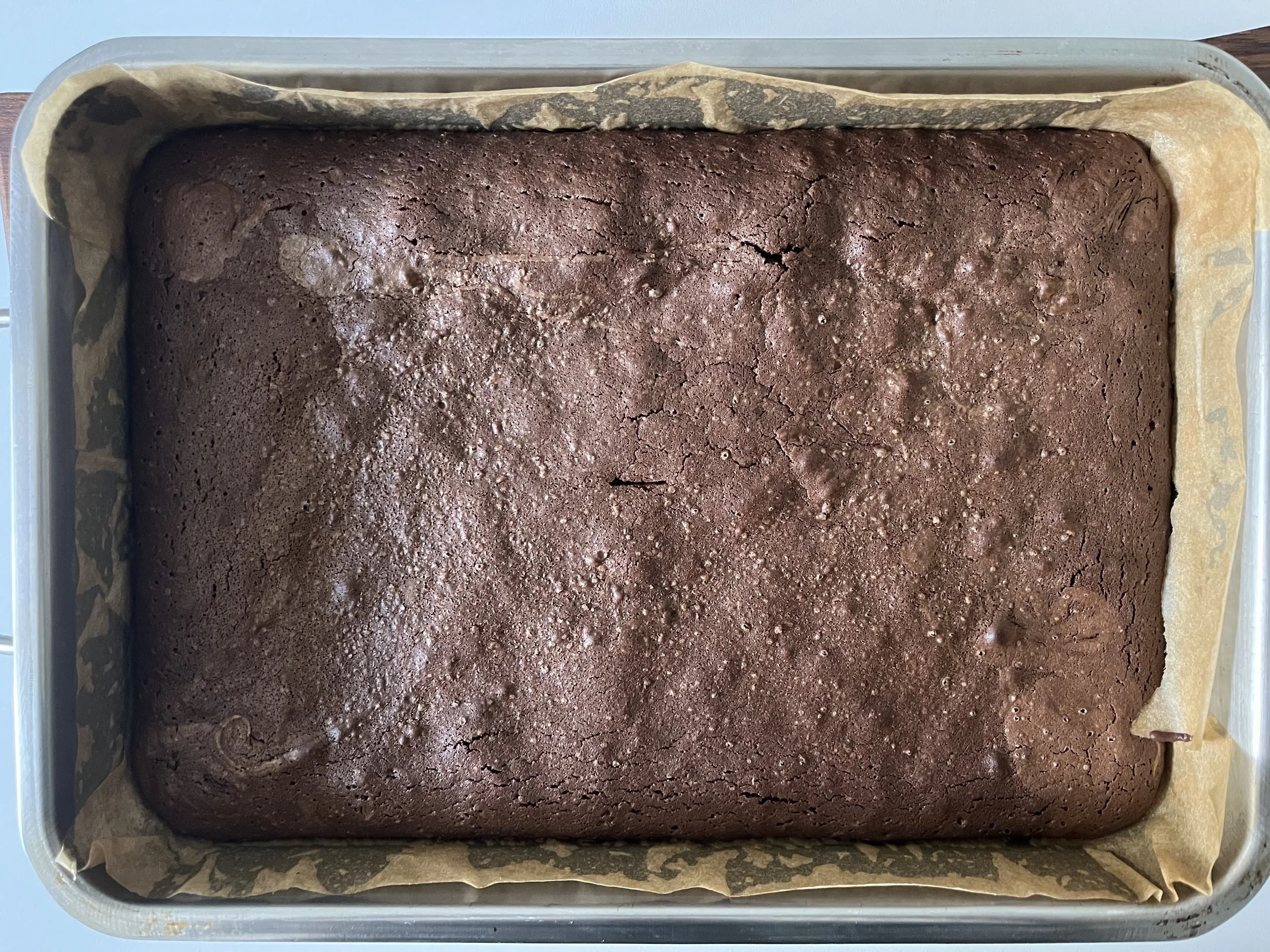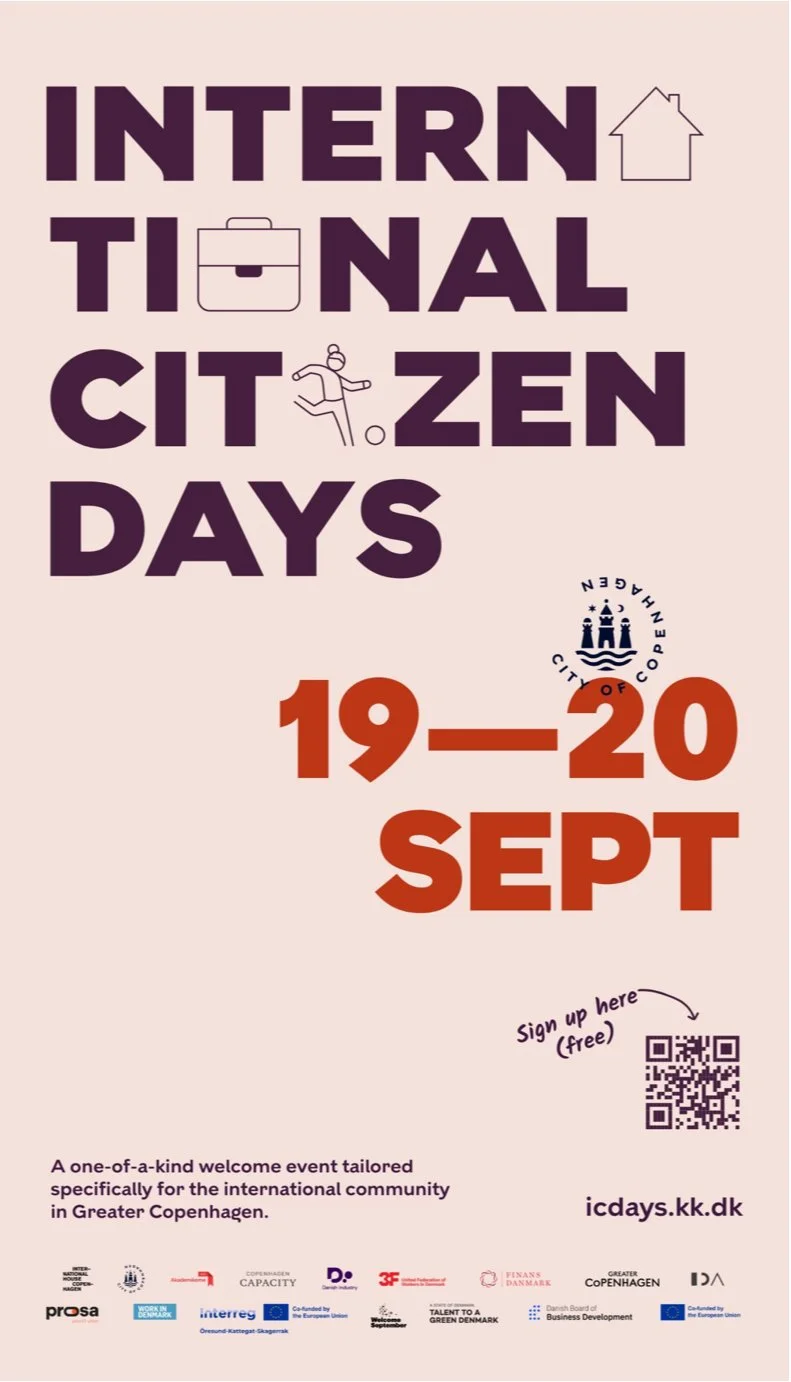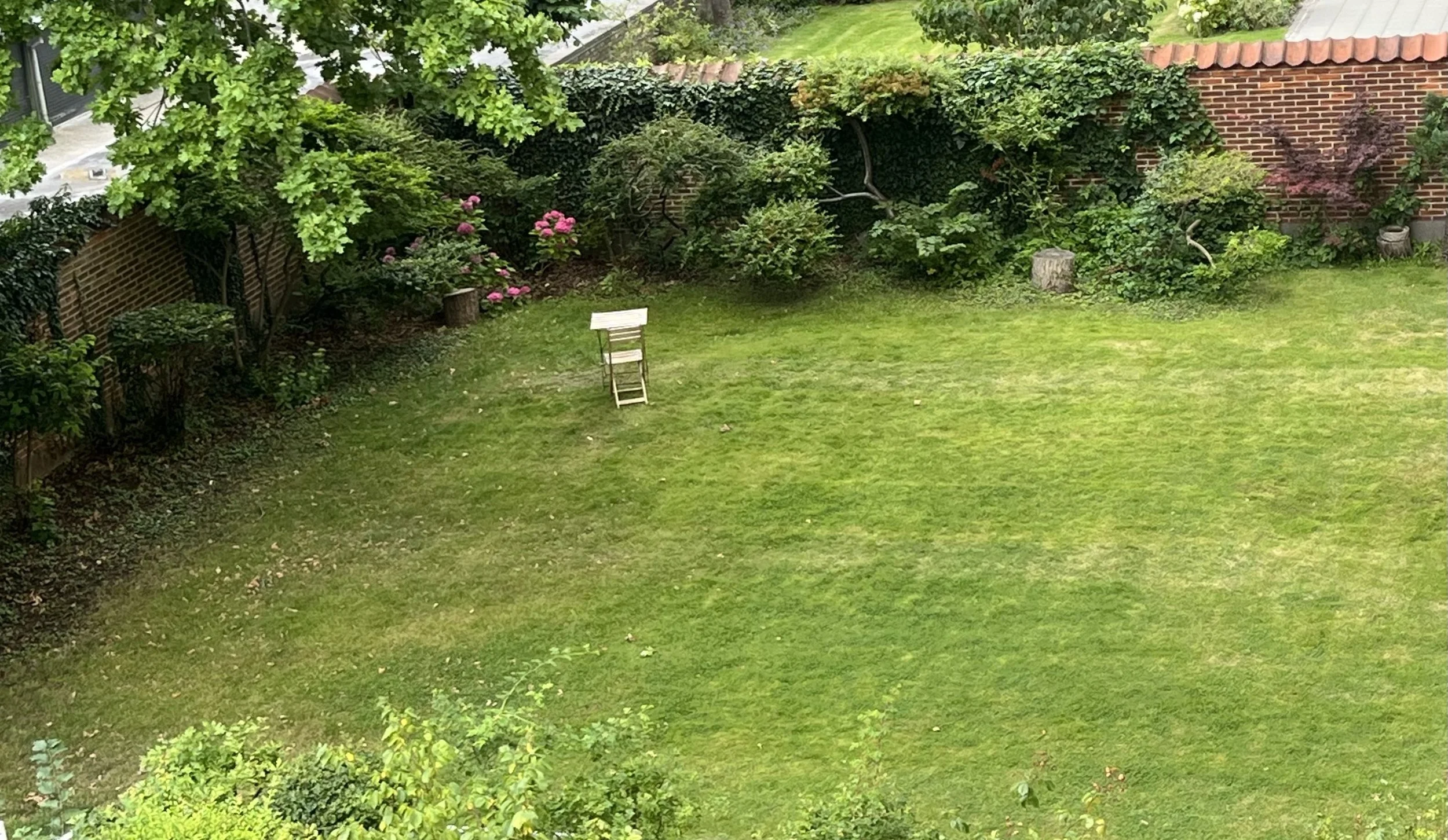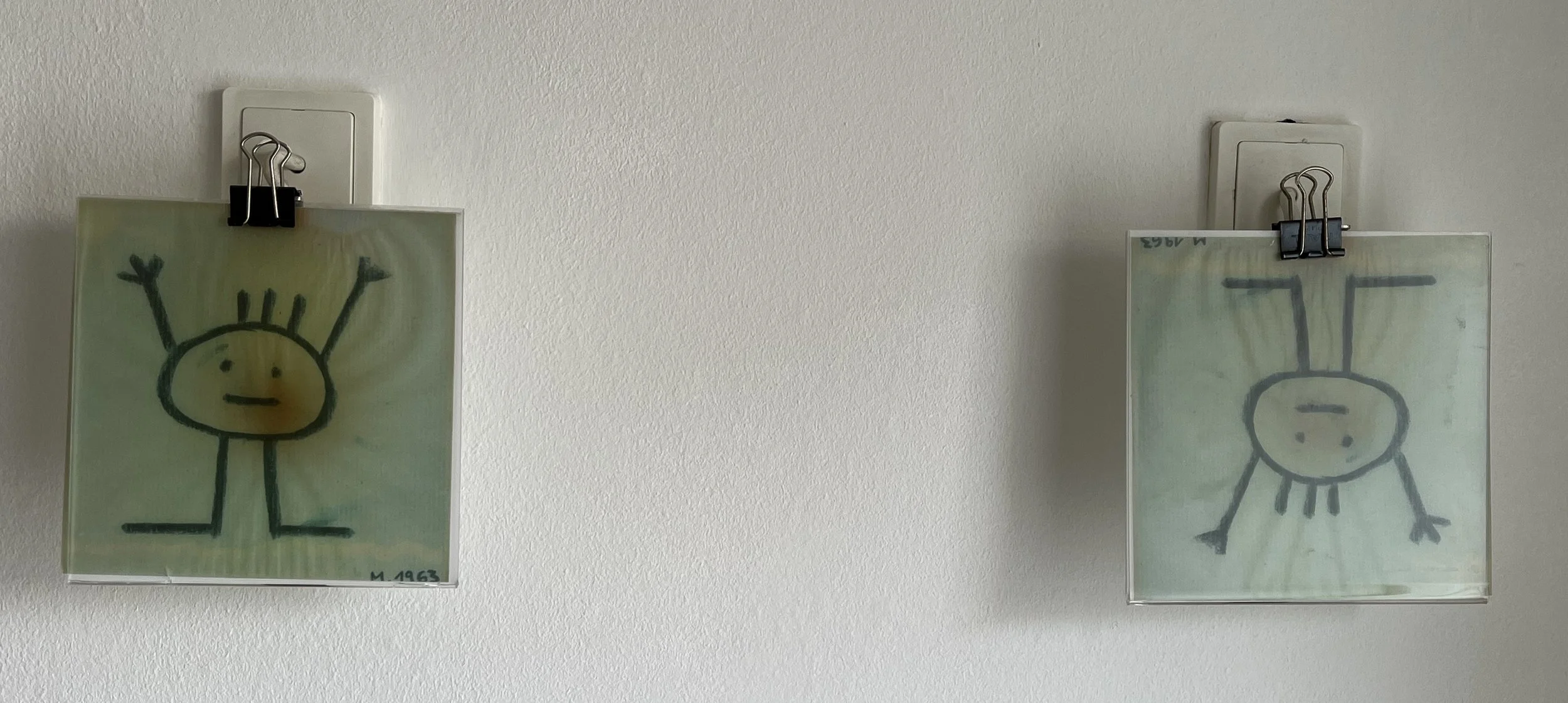Dr. Carter G. Woodson established Negro History Week in 1926. This initiative later evolved into Black History Month, which is celebrated annually throughout February in both the United States and Canada. This year marks the 100th anniversary of the first organised effort to formally acknowledge and challenge the systemic exclusion of Black history and contributions.
The 3 A's
The three A’s are a gentle way of staying rooted in appreciation and gratitude. First, acknowledge what you already have, rather than focusing on what is missing. Then, truly appreciate it, allowing yourself to feel the fullness of its value. Finally, allow what needs to come next, trusting that when you are present with what is, what is meant for you will follow.
What do you think?
Happy Hanukkah
Active questions
6 active questions to ask yourself every day.
Did I do my best to be happy?
Did I do my best to find meaning?
Did I do my best to be fully engaged?
Did I do my best to build positive relationships?
Did I do my best to set clear goals?
Did I do my best to make progress toward goal achievement?
““Our mission in life is to make a positive difference, not to prove how smart we are and not to prove how right we are.” ”
You are in charge
If I need to influence you and you hold the decision-making power, then there is one word that describes my role: salesperson, and there is one word that describes your role: customer. Customers do not have to buy; salespeople have to sell, and influence without authority works the same way. You focus on the other person’s needs, not your own. You do not try to prove how right or how intelligent you are. You recognise that the other person does not have to agree, and you treat them with the respect any good salesperson would offer a customer. You engage with their needs, their priorities, and the difference you can help them create. If you can sell the idea, sell it. If you can change the situation, change it. If you can do neither, take a breath, let it go, and redirect your energy. Do not waste your life on what you cannot change, just invest your time in what you can.
This may seem obvious
Why do organisations reward politics instead of performance?
When leaders question why high performers feel overlooked while politically savvy colleagues advance, the answer often lies in deeper cultural and structural issues. Many organisations unintentionally reward political behaviour because performance is not consistently or objectively measured. When expectations are vague, feedback is inconsistent, or reward criteria shift from one leader to another, people quickly learn that visibility, alliances, and impression-management provide a more predictable route to progression than competence or contribution.
This dynamic does not arise from bad people. It comes from human behaviour in unclear systems. In environments where certainty is low, individuals rely on self-protection, influence, or affiliation to remain safe. Over time, this creates cultures where the ability to “play the game” feels more valuable than the ability to create meaningful results.
Cassandra culture
In Greek mythology, Cassandra was given the gift of prophecy but cursed so that no one would believe her warnings. In organisational life, a Cassandra culture develops when individuals who raise concerns are dismissed, ignored, or even punished. Over time, this discourages others from speaking up, and critical risks or insights go unnoticed until it is too late.
The fear of mistakes
Many people experience anxiety about making mistakes, often driven by longstanding habits or traditions. The status quo, “this is the way we have done it for years and we have to keep doing it this way” can reinforce the fear of failure. I think what truly troubles us is not just the possibility of failure itself, but the discomfort of admitting to ourselves that something we tried did not work as intended.
““Let go of who you think you’re supposed to be and embrace who you are.””
We are all biased
c/o BOLD community
We are all biased, none of us can be 100% neutral. It’s not a bad thing, it’s not a negative, it’s part of our own uniqueness. Obviously we don’t want to be judgemental. It’s always healthy to ask: What do I believe in? And why do I believe it? My mentor calls these beliefs “family heirlooms” – the ideas and messages we inherited from our upbringing. Some of them we want to keep and others we might want to let go. I think this awareness gives us a choice.
Check in - Check out
I recently heard someone say that no one gets fired for being rational, they get fired for being creative. Does this mean that a rational decision comes with an insurance policy attached, as it’s safe, predictable, and easy to justify. I think that’s why it’s easier to sell to rational decision-makers: you can show them numbers, even if the advice itself isn’t all that good. In a world where we can connect with anyone, anywhere what’s really stopping you from surrounding yourself with people who are interesting, generous, and kind?
““The question is not what you look at, but what you see.””
The 7 deadly sins
The seven deadly sins of Roman Catholic theology are pride, greed, lust, envy, gluttony, wrath, and sloth.
We are all hypocrites
We are all hypocrites and that’s part of being human. We all hold values we don’t always live up to. We all make choices that don’t always match our ideals. The goal isn’t to hide our contradictions, but to understand them and lean into the parts we can sustain over time.
I think attention’s best friend is trust. You can get attention without trust, but it doesn’t last. You can earn trust without much attention, and that’s worth far more. So, maybe we are measuring the wrong thing. Because remarkable doesn’t mean loud or viral, it simply means worth making a remark about.
Honour your body
I think a healthy mind leads to a healthy body, because the connection between movement and mindfulness points to a deeper truth. When I quiet the noise and focus on the present, I create space for balance and well-being. That harmony isn’t just physical, it’s also emotional, mental, and spiritual.
Mirroring others
If you grew up in a smaller town, I don’t think that you would have had the same level of stimulus as people in London or other big cities. One of the quiet revolutions of the past 20–30 years is how digital technology has closed that gap, giving everyone access to the same information, opportunities, and inspiration, no matter where they live. Now how are you going to use this new knowledge?
International Citizen Days
The Copenhagen Municipality are doing their best to integrate international. You can find BPoC on Stand D32 today and tomorrow.
White is also a colour
At the Brotherhood for Professionals of Color (BPoC), we know that being ‘of colour’ is not limited to being Black. Our community reflects many shades of brown and beyond. While society often simplifies identity into boxes, we stand for a richer truth: diversity includes a spectrum. AI think white is a colour too. What matters most is not the shade of our skin, but the shared commitment to equity, respect, and belonging.
Context before content
White privilege is not saying your life has not been hard, it’s saying your skin colour hasn’t contributed to the difficulty of your life. I understand that your life as a white person may be hard because life is hard, but your whiteness isn’t what has made your life any more difficult. Whereas a Black person, your blackness has contributed to your difficulty. I think privilege is immunity from certain punishment or special access granted to certain things.
What are you doing with your privilege?
I say to my white friends and family members don’t feel guilty because you are white, I say use your privilege for the benefit for those that don’t have it.
Measuring the wrong thing
Why is most of what we measure in business is meaningless?
Today, people are more distracted than ever by false proxies, things that are easy to measure but ultimately meaningless. In hiring, it might be: Do you look like me? Did you attend the same university? This criteria has no proven link to someone’s ability to perform well. Online, it’s the vanity metrics that social media platforms make so easy to track. What really matters is impact: did I create enough change in someone that they want to share it with others? I think when they do, it raises their status and strengthens their connections and that’s the real signal of value.
Stop living in reactive mode
You were not built to constantly respond to other people’s priorities, notifications, or demands. You were not meant to go through your day passively reacting to what happens to you, instead of actively choosing how you want to show up. When you live like that for too long, you lose touch with what actually matters to you.
Your brain doesn’t need more cheap dopamine, it doesn’t need another scroll, another hit of urgency, or another crisis to solve. I think it needs presence, connection, sunshine, nature, rest, exercise and some good music.
Sitting with your thoughts
Why do we struggle to sit with our own thoughts?
We are constantly exposed to visual stimulation, from social media, advertising, curated images of success and beauty. This has made us hyper-focused on how we appear to others. Instead of living from the inside out, many of us live from the outside in. We measure our worth by how others perceive us. We seek validation and overvalue other people’s opinions, while our inner voice gets quieter. I think as a result, we don’t really know what we think or feel, apart from how we assume others see us. And this makes it so hard to be alone with our thoughts, because we are disconnected from them.


